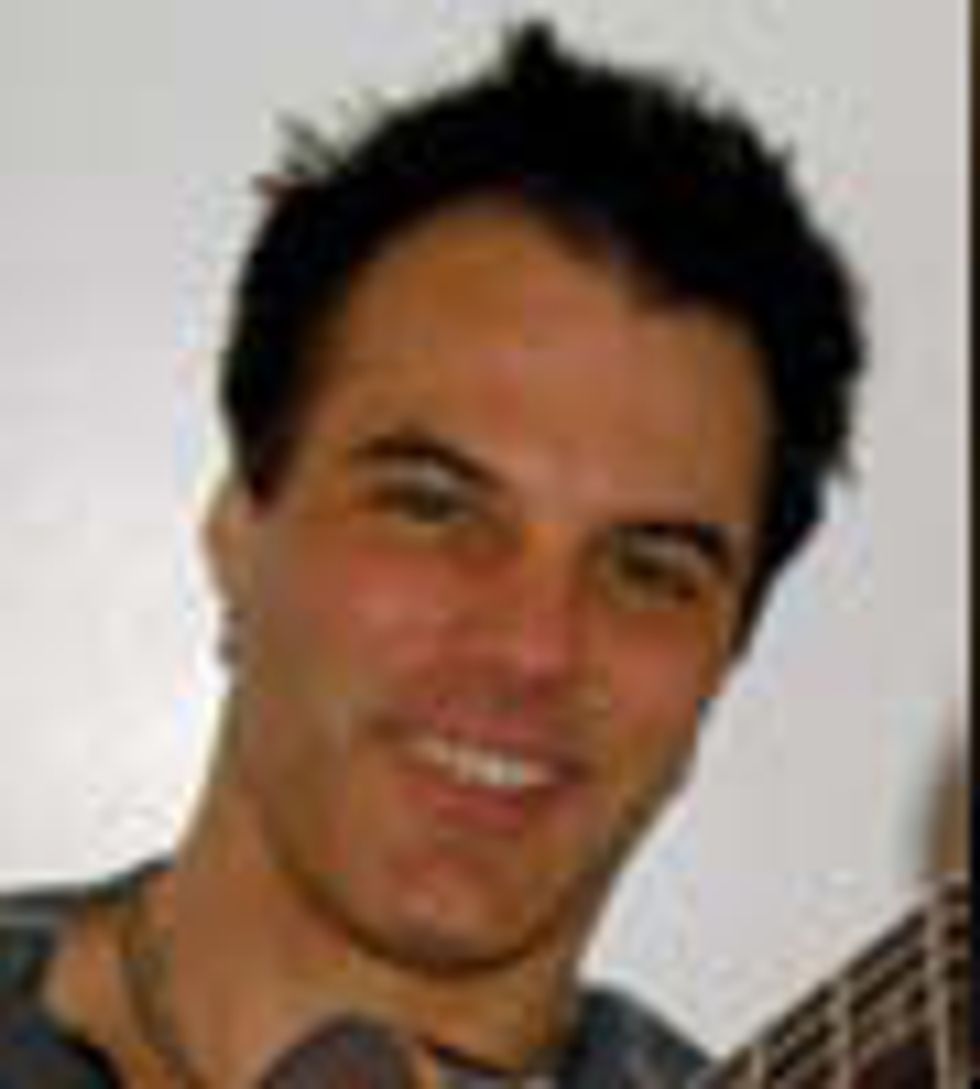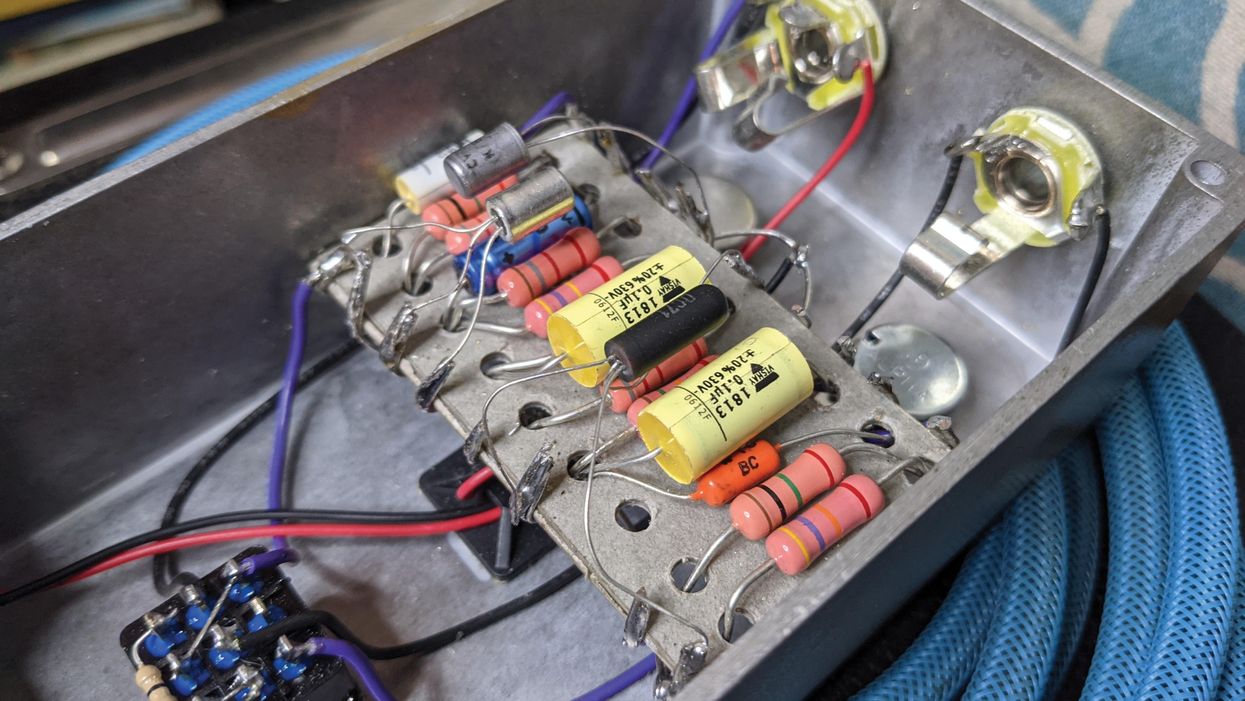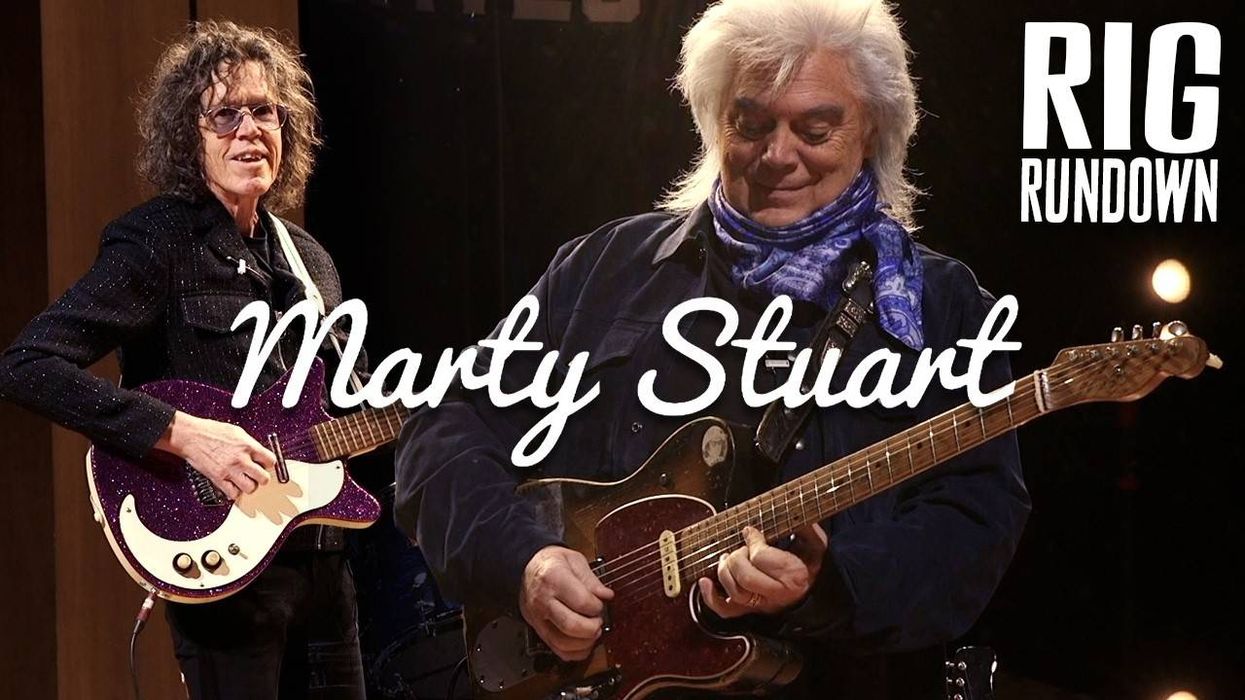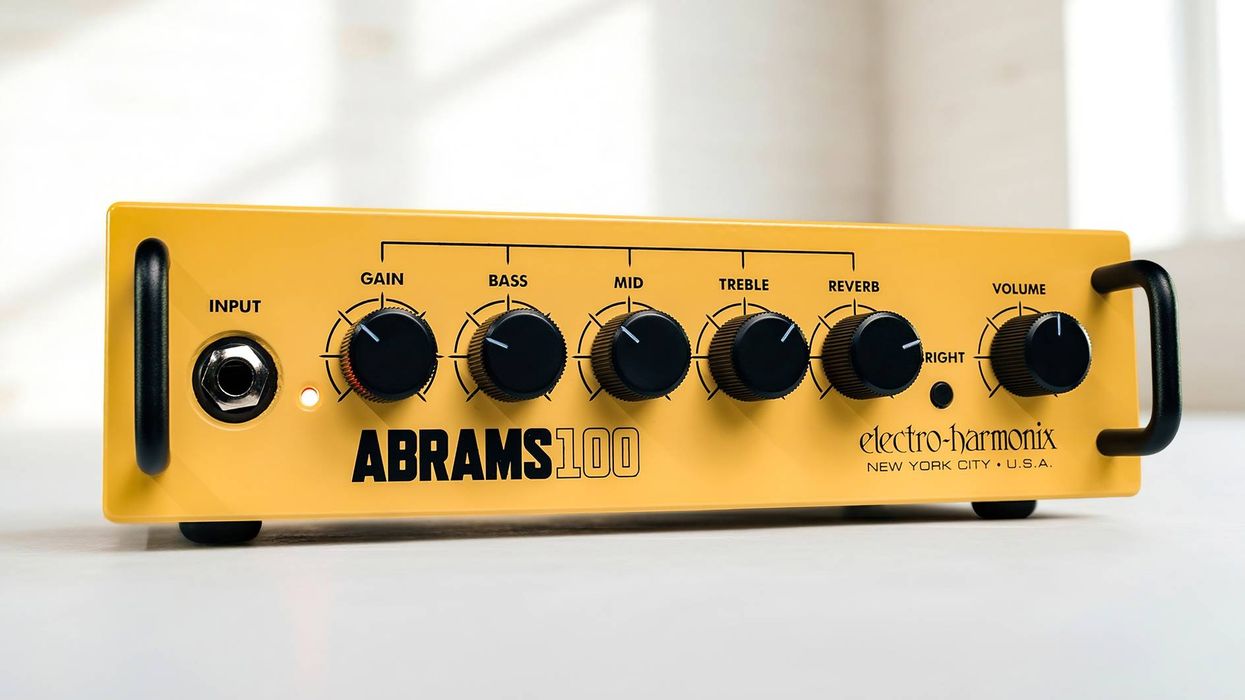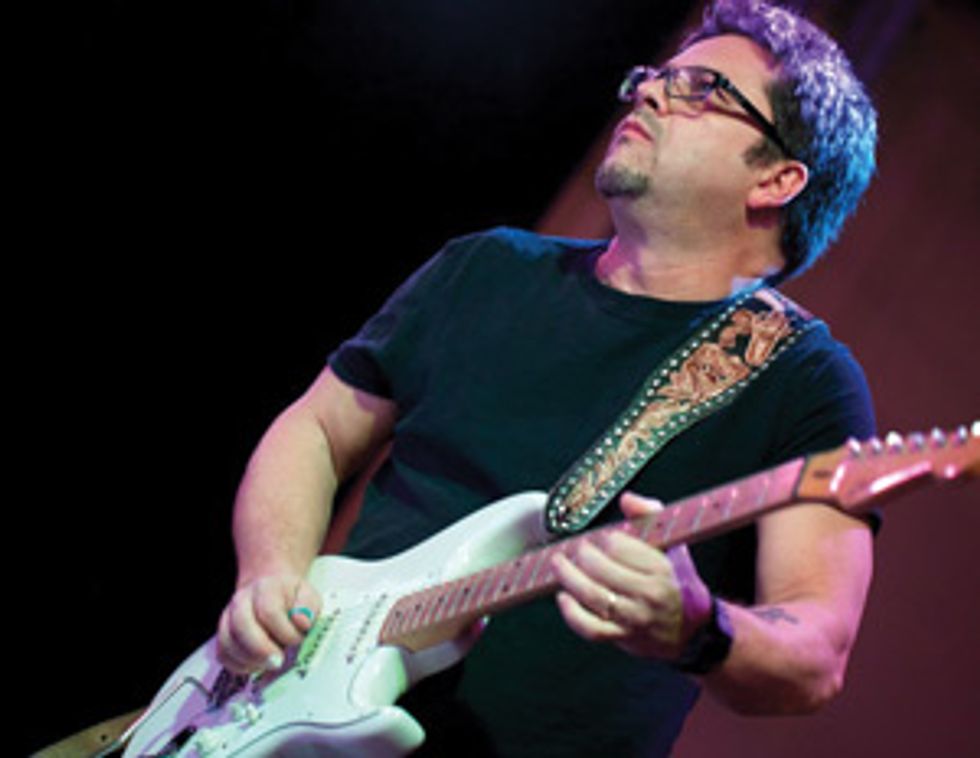
Has anyone tracked more mind-blowing, finger-crippling solos than Brent Mason? Photo by Ariel Ellis
Just before Thanksgiving, I lead the band for The Scotty McCreery and Friends Christmas Special on the GAC Network. We played songs from Scotty's recent Christmas album, including a jazzy version of “Let It Snow" that featured a mind-blowing, finger-crippling solo originally recorded by Brent Mason. The opening two bars of the solo consisted of an almost impossibly fast lick. I woodshedded like mad trying to play it up to speed, increasing my metronome one click every five passes or so, but I always felt like I was behind the beat. Throw in the pressure of a room full of cameras, crew, and a live studio audience—this riff had me as nervous as a hooker in church. I felt relieved to get through the taping but had some anxiety about my not-quite-fast-enough performance. I feared that everyone would hear my fat fingers struggling to keep up with Brent's epic riff.
At Christmas, I finally watched the show. I was on the edge of my seat, holding my breath as the killer solo approached. The playback astonished me: Turns out, I actually rushed the fast riff. It sounded goodish, but would have been way better if I had set it back in the pocket like Brent did in his studio take. It didn't even seem possible that:
• My sluggish fingers actually moved that damn fast?
• I perceived time so inaccurately?
When you think about it, the concept of time can seem abstract. Our perception of time changes with context. I know, I know, 60 seconds equals a minute and all that, but honestly, the first three minutes on a StairMaster in a dank Best Western hotel “gym" feels longer than three hours spent eating Ben and Jerry's while watching Breaking Bad on my couch. Sure, time flies while we're having fun and drags during mild torture, but that does not explain my time-expanding TV recording session.
My somewhat annoying, know-it-all friend Wikipedia told me that stimulants can lead to humans and rats overestimating time intervals, while depressants have the opposite effect. That seems wrong: Speed should speed up time, depressants should slow time down, and how do the Wikipedia scientists know what rats are thinking?
As it turns out, stimulants (both natural and synthetic) awaken our brains so we notice more details. Because our excited brains process an abundance of data, this gives us the impression that lots of time has passed. A natural adrenaline rush caused by a nerve-racking riff played under pressure has the same time-stretching effect. It almost sounds like a physics puzzle or the equivalent of traveling through a wormhole, but the rush to my system slowed down time, which actually gave me enough room to rush the fast lick. When I practiced the riff under calming circumstances, time moved at its normal rate and I could not fit it all in. Crazy, right? So if nerves negatively influence time perception and performance, what's a musician all jacked up on adrenaline to do?
I recently read two different articles about classical musicians taking beta-blockers to battle performance anxiety. Doctors usually prescribe beta-blockers to treat high blood pressure, but they work equally well for high-strung musicians because they block receptors that tell your body to kick into fight-or-flight mode while under pressure. Less highfalutin musicians playing popular music often try to achieve the same affect by self-medicating with a pre-gig shot of Jack Daniels.
I've found a semi-effective alternative. I'm not one to fall for any new-agey nonsense. I don't keep my bread under a pyramid, I don't put magnets in my shoes, I don't attempt to unleash the power of crystals, but I have taken a few yoga classes to decelerate my body's decline. I started yoga for the cardio workout, but unexpectedly gleaned something that's helped my playing a bit. Now when I feel overwhelmed at a gig, I stop and take four or five deep, six-count breaths through my nose, filling up my belly like a happy Buddha, then slowly releasing through my nose. I try to do this as covertly as possible because I'm sure I look like I should be wearing a tinfoil hat, but it's worth the embarrassment because it actually helps. It's not a dramatic difference, but after this breathing exercise I feel my mind clear and heart rate drop. I don't care if I look like an idiot if I play a bit better.
The word “rhythm" originates from the Greek word meaning “flow." That makes sense. Playing with a good band is like riding down a river on a raft, the groove carries the players and the listeners on a journey. Next time you feel stressed about a performance, take three deep, Buddha belly breaths through your nose and go with the flow.
And while I'm irritating you with hippie/ folksy advice, here's one more thought: Do things that give you a little adrenaline rush. Getting excited about life will slow down our slow death march to dust. Years race by unnoticed if nothing happens to stimulate our brains. If we don't wake up and live, we'll be dead before we know it.
John Bohlinger is a Nashville multi-instrumentalist
best know for his work in television, having lead the band for all six
season of NBC's hit program Nashville Star, the 2012, 2011, 2010 and 2009 CMT Music Awards, as well as many specials for GAC, PBS, CMT, USA and HDTV.
John's music compositions and playing can be heard in several major label albums, motion pictures, over 100 television spots and Muzak... (yes, Muzak does play some cool stuff.) Visit him at youtube.com/user/johnbohlinger

